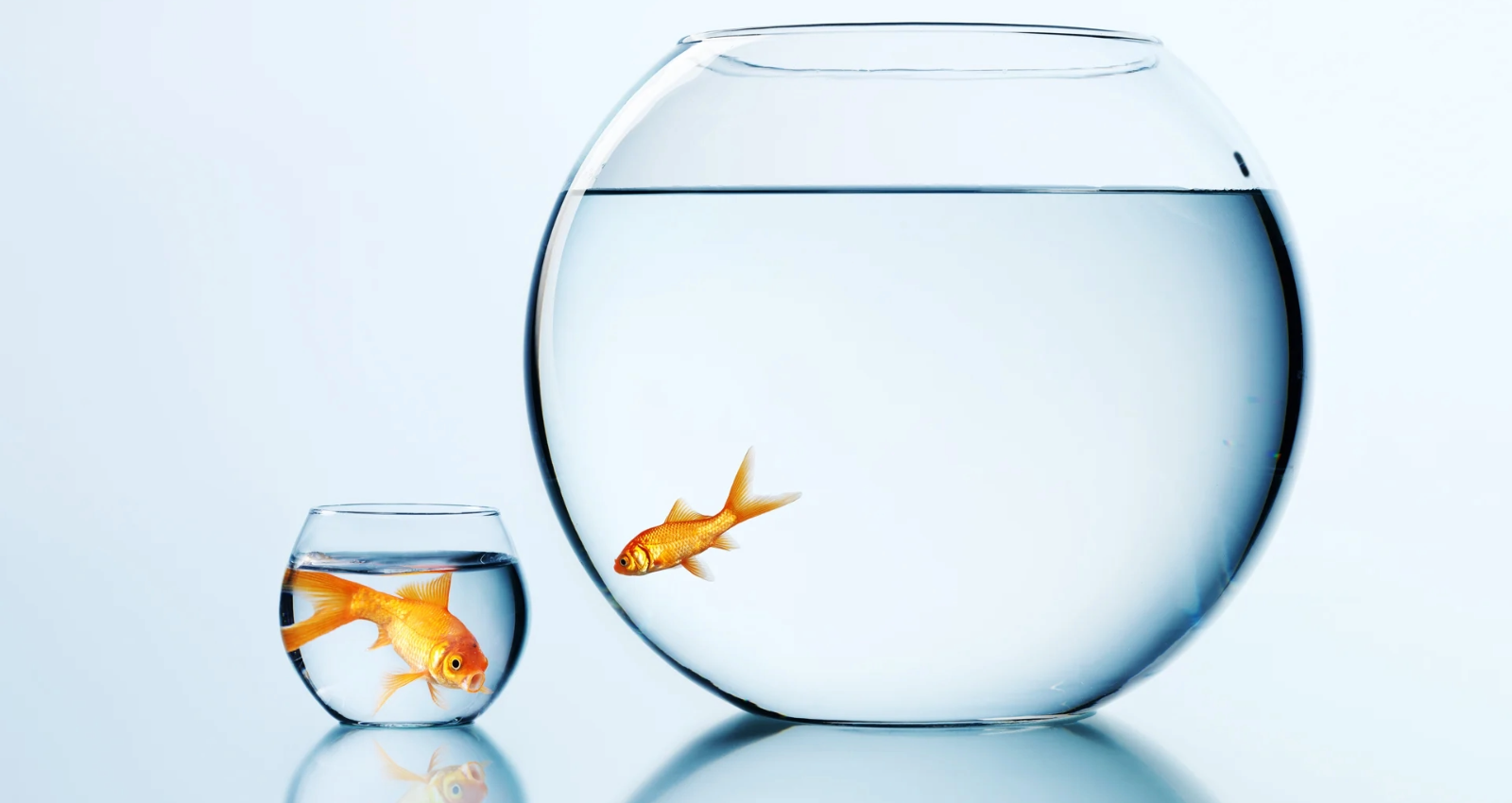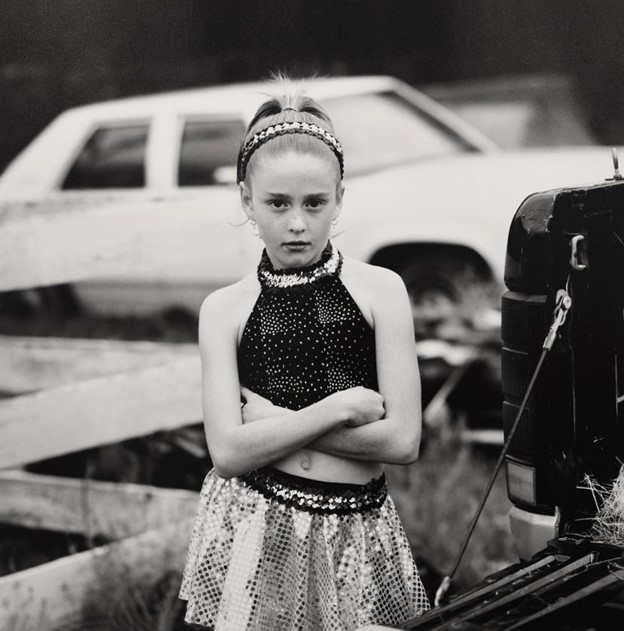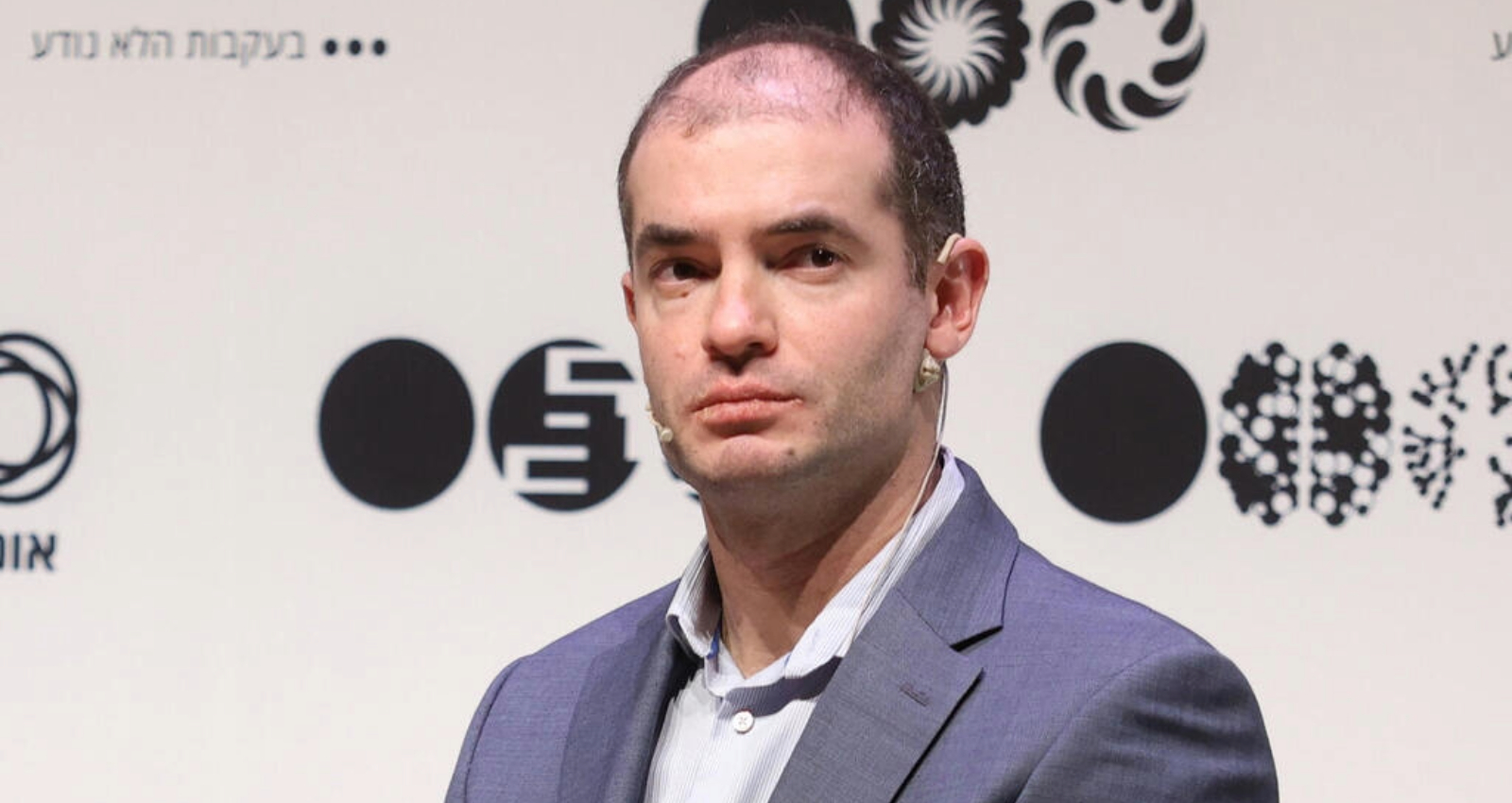- May 13, 2025
Crack the Code of Success With This 40-Year-Old Fish Pond Effect

When psychologist Herbert Marsh introduced the Fish Pond Effect in 1984, he likely didn’t expect it to be this relevant four decades later. But it is, especially for entrepreneurs, solo founders, and professionals building their reputations in a world that constantly tells them to “think bigger.”
Marsh’s Fish Pond Effect is rooted in one simple truth: your perception of your own ability is shaped by who surrounds you. And when you are swimming with sharks, even the most capable fish can start to feel small.
But this isn’t just about confidence. It’s about momentum.
You Might Be Better Than You Think
Let’s start with a truth we hate to admit: We compare ourselves constantly. Even when our skills are objectively strong, that confidence can take a hit if we are surrounded by people who seem stronger. The Fish Pond Effect posits exactly this.
A classic 1966 study from the American Journal of Sociology found that students with high-achieving classmates often set lower career goals. That dynamic doesn’t go away in adulthood, it just shows up in different scenarios. Boardrooms. Zoom calls. Investor meetings.
Prashant Loyalka, a senior research fellow at Stanford, emphasizes this dynamic, stating, “As humans, we have a tendency to compare ourselves to others in terms of our abilities and, because of that, we tend to feel better or worse about ourselves. It is fundamental to who we are.”
Marsh’s own research later showed that being the “small fish” often means diminished self-belief, slower decisions, and lower motivation. Ability stays the same. But confidence doesn’t—and that changes outcomes.
Should You Stay in a Smaller Pond?
There is appeal in being the best in a smaller space. The Fish Pond Effect makes local wins feel bigger. You win more. You are respected. Your efforts have an impact.
For founders, a smaller pond might be your city or niche. It’s focused. Less noisy. You become the go-to name. Your time goes further. Your marketing hits harder. And your reputation compounds faster.
That credibility becomes capital. You book speaking gigs, land strategic deals, and get word-of-mouth business. Something hard to replicate if you are one of 200 similar firms competing globally.
But this is where the Fish Pond Effect reveals its dark side.
The Trap of Comfort
Once you dominate your local pond, comfort kicks in. That’s the real trap of the Fish Pond Effect: it lulls you into coasting.
Yes, you’re known. But you’re no longer growing. You aren’t being challenged. You stop evolving.
And if you are not evolving, you are falling behind, especially in sectors like tech, marketing, or design, where innovation is constant.
Growth-minded professionals don’t just survive discomfort. They seek it.
Studies published in Frontiers in Psychology and Behavioral Neuroscience back this up. Competition pushes your cognitive limits. It sharpens attention. Enhances strategy. Forces reinvention. It’s not always fun, but it’s effective.
And here’s the nuance Marsh never got to see: the Fish Pond Effect is not an argument against big ponds. It’s a warning. If you walk into a bigger pond with a fixed mindset, believing your talent is capped, you will shrink. But if you walk in believing you can learn and grow, you will thrive.
When (and How) to Switch Ponds
Founders often chase scale too early. They burn resources pitching enterprise clients who will never bite. They stretch their operations thin just to compete with global players.
The result? Burnout. Missed deals. Reset. Repeat.
The smarter play? Leverage the Fish Pond Effect in phases.
Meaning: Start local. Win local. Then build outward.
As your agency, brand, or consultancy grows in your immediate pond, you build a reputation that becomes your launching pad. You attract better clients. Bigger budgets. You expand with leverage, not desperation.
When the moment comes to jump ponds, you won’t just be another small fish, you will be a well-fed, seasoned fish that’s ready to swim faster.
The Discomfort Is the Signal
Being the least experienced person in the room hurts. It messes with your head. You question your place at the table.
But that tension? That’s where growth lives. As Sahil Bloom writes, “The pain of feeling out of place is often a sign you’re in the right room.”
So, should you stay small or go big?
Maybe both.
Start small. Build confidence. Master your domain. Then, when it no longer scares you, move upstream. One where you are uncomfortable again, deliberately.
Because, as the Fish Pond Effect reminds us, success is rarely about being the best in the room. It’s about entering rooms that force you to be better. Over time, that’s what real growth looks like.









